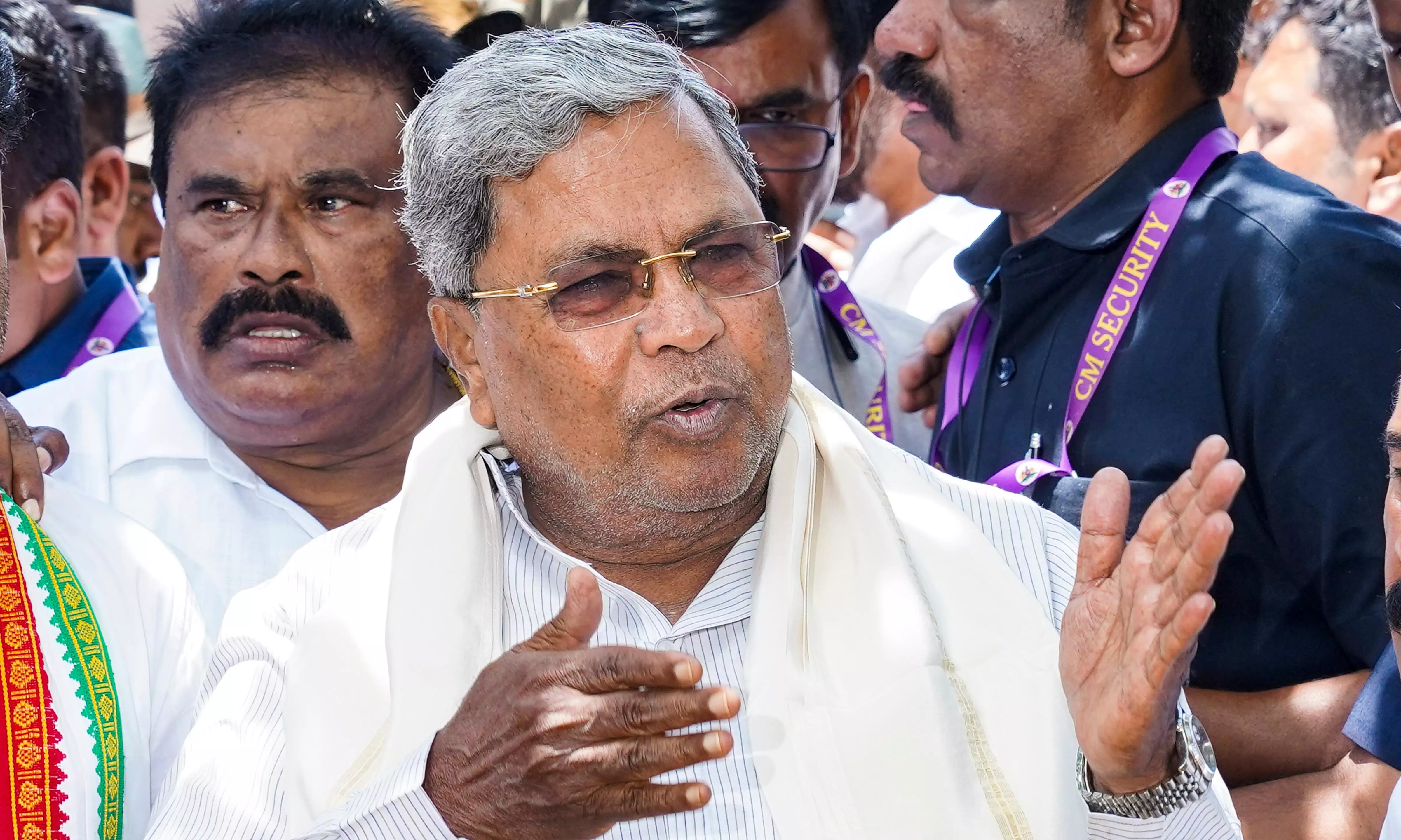
Karnataka Cabinet approves new Caste Census amid internal opposition
Chief Minister Siddaramaiah, addressing the media after the Cabinet meeting, explained the rationale and legal grounds for launching a new survey

In a significant political and administrative move, the Karnataka government has decided to conduct a fresh Social and Educational Survey, effectively sidelining the decade-old caste census report prepared under the leadership of G Kantharaj. The decision was taken during a special cabinet meeting chaired by Chief Minister Siddaramaiah on Thursday (June 12).
The meeting was convened specifically to take a final call on the controversial Backward Classes Commission report. Siddaramaiah, addressing the media after the meeting, explained the rationale and legal grounds for launching a new survey.
2015 survey
According to him, the state had a population of 6.11 crore as per the 2011 Census, which was projected to rise to 6.35 crore by 2015. Of this, the original survey covered 5.98 crore people, conducted through a house-to-house enumeration using 54 criteria. The survey began on April 11, 2015, and was completed by May 30, 2015, involving nearly 1.6 lakh personnel, including 1.33 lakh teachers.
Also Read: Karnataka: All eyes on special Cabinet meeting; a new caste survey on the cards?
The original report was completed during the tenure of former CM HD Kumaraswamy. However, Siddaramaiah alleged that Kumaraswamy had pressured the then Backward Class Minister Puttaranga Shetty not to accept the report. Later, during the BJP government’s rule, Jayaprakash Hegde was appointed as chairman of the Backward Classes Commission, and he submitted a revised version of the report along with his recommendations.
‘Fresh survey mandated by law’
The chief minister emphasised that the new survey was not a re-survey, but an entirely fresh exercise, required by law.
“As per Section 11, Clause 1 of the 2014 Constitutional Amendment Act concerning the Backward Classes, it is legally necessary to undertake a new Social and Educational Survey after a gap of ten years,” he said.
Also Read: Decision for fresh caste census Cong high command’s, not mine: Karnataka CM
The move also aligns with recent directions from the Congress high command, which had summoned both CM Siddaramaiah and Deputy CM DK Shivakumar to Delhi earlier this week. After reviewing the political and legal implications of the Kantharaj report, the high command gave its in-principle approval for a new, more scientific survey.
Cabinet divided on Kantharaj Report
During the cabinet deliberations, there were sharp divisions. Ministers representing AHINDA communities (an acronym for minorities, backward classes, and Dalits) argued that the earlier caste census report - prepared under the leadership of Kantharaj and later revised by Jayaprakash Hegde - should be accepted and implemented without further delay.
Also Read: Survey will help in scientific classification of SCs in Karnataka: Justice Nagamohan Das
However, ministers belonging to the Vokkaliga and Lingayat communities demanded a new survey, citing methodological flaws and misrepresentation in the earlier report. These groups had also publicly voiced their opposition, claiming the Kantharaj report was unscientific and biased in its enumeration.
Political and social implications
The cabinet’s decision to go ahead with a new caste census comes amid mounting political pressure and mobilisation by dominant caste groups. The move is likely to reshape political equations in Karnataka, as fresh data could influence future decisions on reservation, welfare schemes, and political representation.
Also Read: Congress high command wants new caste survey in Karnataka: DK Shivakumar
By choosing to start from scratch, the Siddaramaiah government has distanced itself from the Kantharaj report, which was commissioned under its own earlier tenure. The new survey is expected to be scientific, inclusive, and legally sound, with the government promising transparency and broader consultation. The timeline, methodology, and implementation plan for the new Social and Educational Survey are expected to be finalised in the coming weeks.

